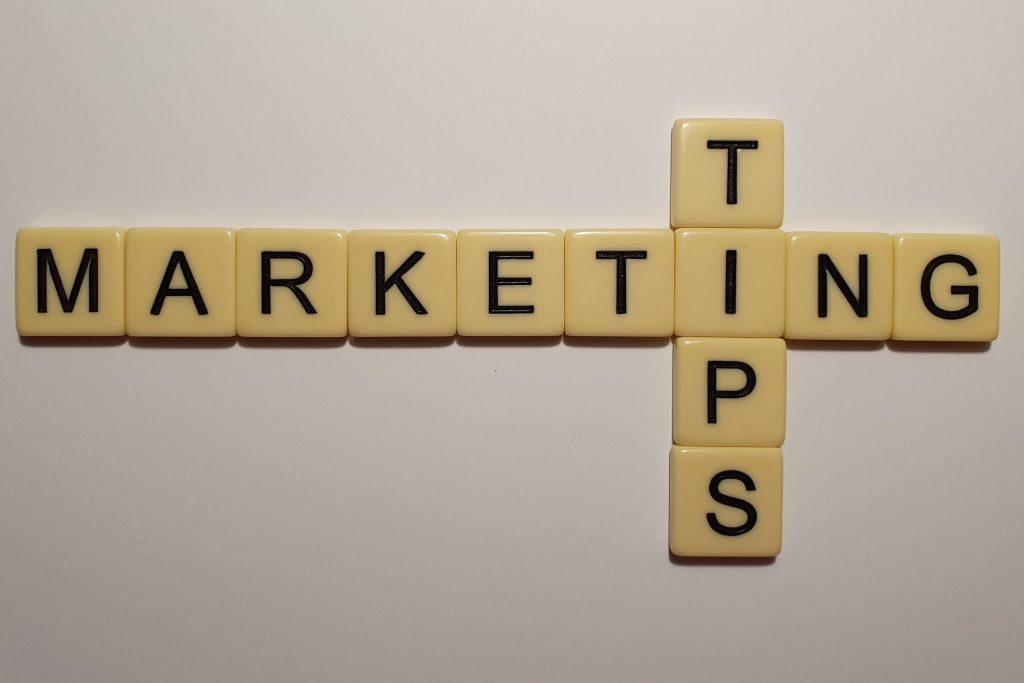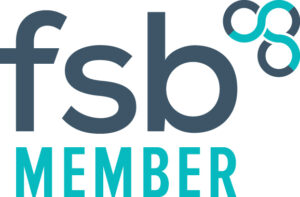If you are thinking about starting your own business, or have already taken the plunge, here are some marketing tips for new businesses that will give you a head start with your marketing, making sure it is more focused and effective.

Before you start
Think about your target market. Who is most likely to buy from you and who is your ideal customer? While you might think these are the same, quite often they are not. Ideal customers are often harder to find but far more enjoyable to work with. Taking a while to ‘walk in your customers’ shoes’ will ensure that your marketing and communication is far more relevant and therefore more likely to appeal to your ideal customer.
When thinking about potential customers also consider where they find out about things. Is it social media, searching the internet, the local newspaper (yes they still exist) or local magazines? This will ensure your activity is more focused on the right communication channels.
Social Media
If your customers are consumers: Facebook is still the most commonly used platform with Instagram also increasingly used by businesses, particularly if you are selling products. Make sure you set up a Business page / profile. Advertising on Facebook and Instagram is very affordable and can be highly targeted and effective.
If your customers are businesses, LinkedIn will be an important social media platform for you. You can set up a business page as well as your personal profile.
Twitter is very fast moving in terms of content but if you have highly specialist expertise and can contribute to debates on particular topics, this can be a great way to raise your profile.
As a rule of thumb try to post 70% of your content to provide advice, guidance or entertain (as appropriate to your company though). 30% of your content should promote what you do (of course advice and guidance do this too). As with all social media it is about engaging with audiences: liking, sharing and commenting on others’ posts as well as creating your own content.
Google is the search engine of choice. A Google Page 1 ranking will have a significant impact on visits to your website. You may need specialist Search Engine Optimisation (SEO) expertise to help with this as well as considering other activity to drive people to your website.
Setting up a Google My Business (GMB) listing will help your business get found on Google. If you have premises, make sure you are listed on Google Maps too. You can add photos and articles to your GMB profile and, of course, collect the all-important Google reviews.
Email Marketing
Having an email database and engaged audience is an asset for your business. It also gives you a great way to keep in touch with current, potential and past customers. Software such as Mailchimp have a free option, as well as measures in place to ensure you meet data protection requirements so are an easy way to get started.
And don’t forget:
Reviews
They say that what others say about you is ten times more powerful than what you say about yourself. Asking clients for a testimonial or requesting Google My Business, Facebook and LinkedIn testimonials are a great way to do this.
Networking
Making contacts will be an important way to generate enquiries, get your name out there and for people to introduce others to you. There are lots of networking groups and our advice would always be to try as many as you can at first and find those you feel comfortable with. Fees can vary considerably and if you have to pay a membership fee then commit to joining the group for long enough to allow time to develop relationships outside the group so that you get referrals as well as businesses from the members in the group.
What should you pay for?
While there are lots of free tools, there are some areas where cutting corners to save money can cost you significantly more long term.
Logo and design – we would always recommend working with a local designer to create your logo. They can get to know you, your company and how the logo will be used and are likely to design something that portrays you correctly. Having to rebrand a couple of years in because ‘you never really liked your logo’ can be a very costly exercise.
Website
Having a website will help you get found on Google and also give you somewhere you can point people to for more information on what you do. And, if you are selling through your website, a well-built website and good user experience will be critical.
While there are some low cost ‘drag and drop’ websites, investing in a properly built site with supporting SEO may be worth the investment if you expect to get enquiries through your site. Make sure that you retain control of, and access to, the domain name for your website so that, if you decide to change website provider, you can move your website easily.
Getting started
Plan out your marketing activity – when are your customers likely to be most receptive and what information will be relevant to them at that time? And make sure you keep it manageable. If you only have a few hours a week to work on your marketing don’t try to be everywhere doing everything, keep your activity focused on the areas that are likely to be most effective to you.
And finally, be flexible. When you start your own business, you can find that you have opportunities presented to you that you hadn’t considered at the outset. You may decide to say yes, or you may want to recommend another business you know who is better suited to that project. Whatever you decide, have fun, enjoy the journey but make sure to keep an eye on the destination.
For further questions or to know more about successful marketing strategies, call 01252 213131 or email hello@sixthsensemarketing.co.uk


